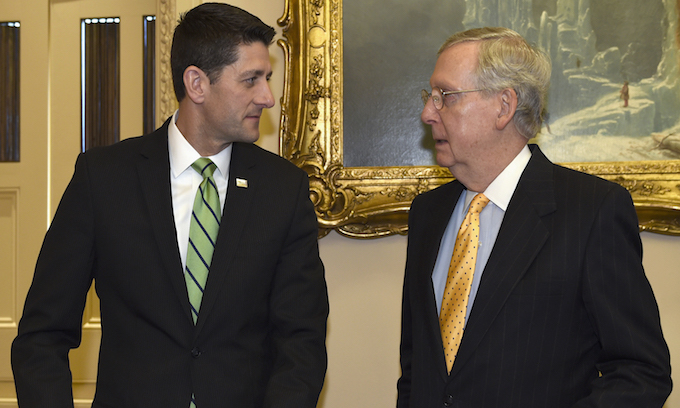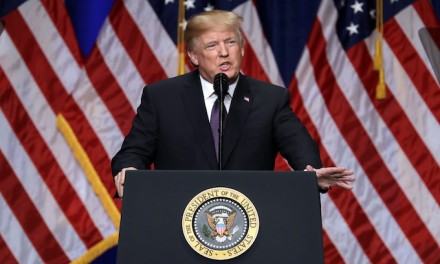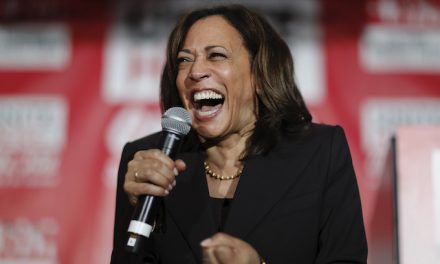To hear the White House and Republican leaders on Capitol Hill tell it, the just-concluded 115th Congress was a master class in bipartisan achievements.
The numbers suggest something altogether different.
Despite Republicans having unified control of all three political levers — the White House, House and Senate — President Trump and Congress notched the second-worst start to any newly elected administration in modern political history, according to The Washington Times Legislative Activity Index.
Congress wrote fewer laws, held fewer formal House-Senate negotiations, and was near the bottom on several key yardsticks in the Senate — a reflection of Democrats’ ability to flex their filibuster powers to delay Mr. Trump.
Records date back to just after World War II, and in those 72 years, the only President George W. Bush had a worse legislative start — and he faced a Democratic majority in the Senate for most of the first Congress.
Analysts said that given the closely divided numbers in the Senate, and the deep antipathy toward Mr. Trump among Democrats who had the power to filibuster, it was perhaps inevitable that he would struggle to see his agenda get done.
“The GOP had majorities, yes, but it did not have a cloture-proof majority in the Senate — which one needs for most things,” said David Barker, director of the Center for Congressional and Presidential Studies at American University. “That is partly just a natural evolution based on a number of factors, but it is intensified by the degree of loathing that Democrats have toward Trump and their perception of him as completely illegitimate.”
What did get done over the last two years often came through fast-track procedures that didn’t give Democrats a chance to filibuster.
That included 16 legislative repeals of Obama-era regulations and the 2017 tax overhaul, which was the biggest rewrite of the tax code in three decades.
John Fortier, director of the Democracy Project at the Bipartisan Policy Center, said the Senate’s ability to confirm dozens of Mr. Trump’s judicial picks also relied on the defanged filibuster for nominees — a legacy of Democrats’ use of the “nuclear option” in 2013.
But even when Republicans didn’t have to worry about a filibuster, they sometimes fell short. That was the case with their attempt at an Obamacare repeal, where opposition from a couple of senators meant they couldn’t muster the simple majority needed.
“That was a matter of holding their own troops together,” Mr. Fortier said.
That continued to irk rank-and-file GOP lawmakers, who saw the two years of complete control of the political levers as a job undone.
“We’ve been successful on some things — tax reform in particular — [but] we’ve missed some opportunities,” Rep. Morgan Griffith, Virginia Republican, told The Times as he looked back in December. “We should have gotten the Obamacare repeal and replace done — that’s the Senate’s fault. Our product may not have been perfect, but it was better than what we have currently and the people of America would have been better off.”
Other lawmakers ticked off failing to rein in federal spending, failing to curtail money going to Planned Parenthood and botching the chance to take action on immigration.
The Times’ Activity Index looks at the overall flow of legislative activity, and doesn’t differentiate between big bipartisan deals and small housekeeping bills. It tracks time the chambers are in session; pages amassed in the Congressional Record; votes taken; bills introduced, cleared through committee and passed on each chamber floor; laws enacted; and conference reports written.
The Index ranks each chamber’s totals, then combines those rankings for a score. The lower the score, the less activity a Congress had.
Mr. Trump’s first Congress notched an activity score of 202, better than Mr. Bush’s 174 — when he faced a Democrat-controlled Senate for most of 2001 and all of 2002. But Mr. Trump was worse than President Barack Obama (score: 242), President Bill Clinton (score: 223), President George H.W. Bush (score: 264) and every other president’s first Congress dating back to Eisenhower.
When all Congresses — not just a president’s first one — are included, the 115th Congress ranked 31st out of 36.
The last Congress was particularly poor at writing bills that got signed into law, with just 335.
David Mayhew, a political scientist at Yale University, questioned the usefulness of comparing congressional productivity across the years. For one thing, Congress used to pass smaller free-standing laws but now gravitates toward gigantic sprawling bills.
That was the case in 2017, when the GOP’s tax-cut law not only overhauled the tax code but also zeroed out Obamacare’s individual mandate and opened the Arctic National Wildlife Refuge to oil exploration.
Two decades ago, each of those would have been individual — and major — bills. In the 115th Congress, they were all part of one piece of legislation.
Mr. Mayhew said looking behind the numbers from Mr. Bush’s first Congress — the only newly elected president to do worse than Mr. Trump in The Times’ index — shows those two years were actually packed with a tax cut, the No Child Left Behind education bill, the Patriot Act, a major overhaul of campaign finance laws and resolutions authorizing use of force against global terrorism and against Saddam Hussein in Iraq.
“There is no substitute for looking at the particulars and judging them,” Mr. Mayhew said.
Republican leadership aides on Capitol Hill also said the numbers didn’t tell the real story of the last two years.
They told The Washington Times that some big items were actually checked off over the last couple of years that were overlooked by much of the press, including the first complete reauthorization of the Federal Aviation Administration in decades, a farm bill, a package of bills to try to stop the opioid epidemic, and the biggest sentencing changes in a generation, which could cut federal prison populations by more than 25 percent.
All of those were passed with serious bipartisan majorities, which Republicans say is one reason they didn’t get much attention in a news world consumed with Twitter food fights and major clashes over immigration policy.
Mr. Fortier at the Bipartisan Policy Center maintains his own yardstick, the Health Congress Index, which measures how open Congress is to do business, rather than looking at accomplishments.
The center is expected to release a new set of data soon, but Mr. Fortier said early indications are that there were some bright spots, such as the Senate working on all-important spending bills.
Despite the partial shutdown, Congress did pass five of its annual dozen spending bills on time last year, which was a reflection of the commitment of both Democrats and Republicans to grind through the process.
But Mr. Fortier said the House backslid under GOP control in the last two years as leaders clamped down on free-wheeling debate, not allowing any bills to come to the floor under an “open” rule that allows any member to offer an amendment.
“The numbers don’t show it was a great place for having lots of robust debate,” Mr. Fortier said.
© Copyright (c) 2019 News World Communications, Inc.
—-
This content is published through a licensing agreement with Acquire Media using its NewsEdge technology.



















Recent Comments